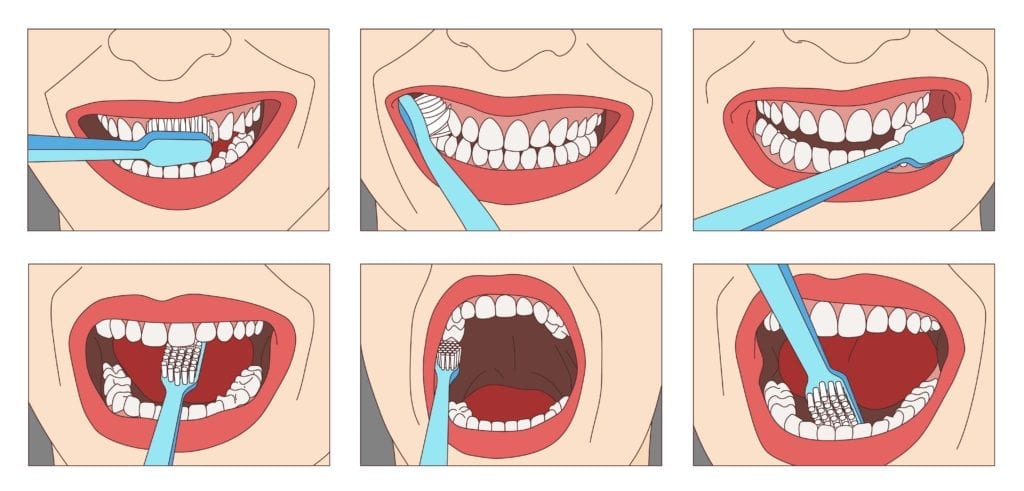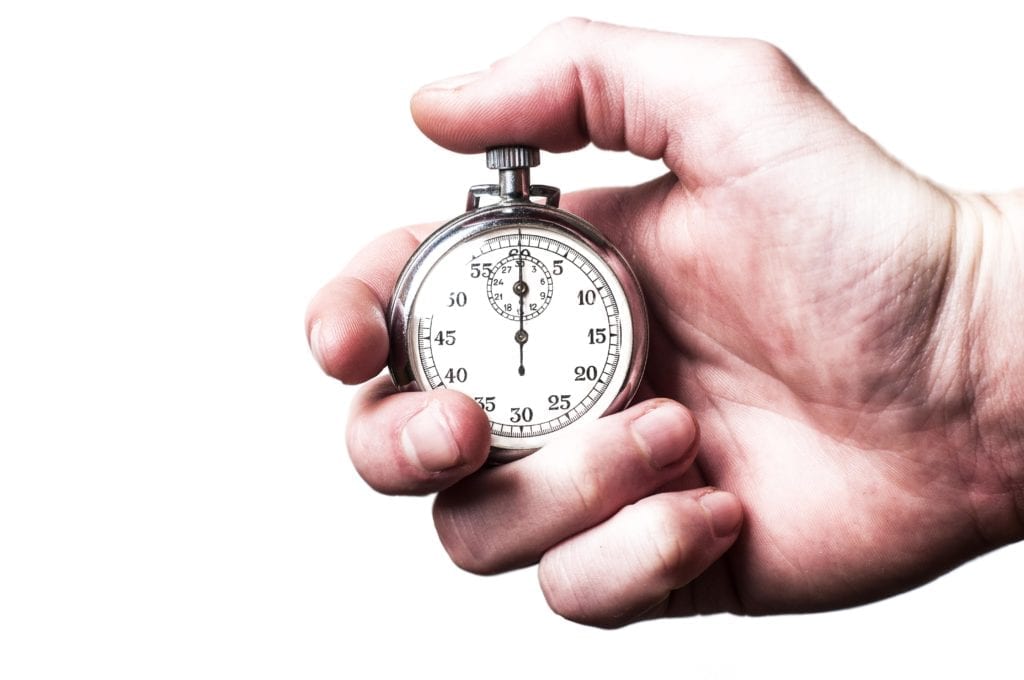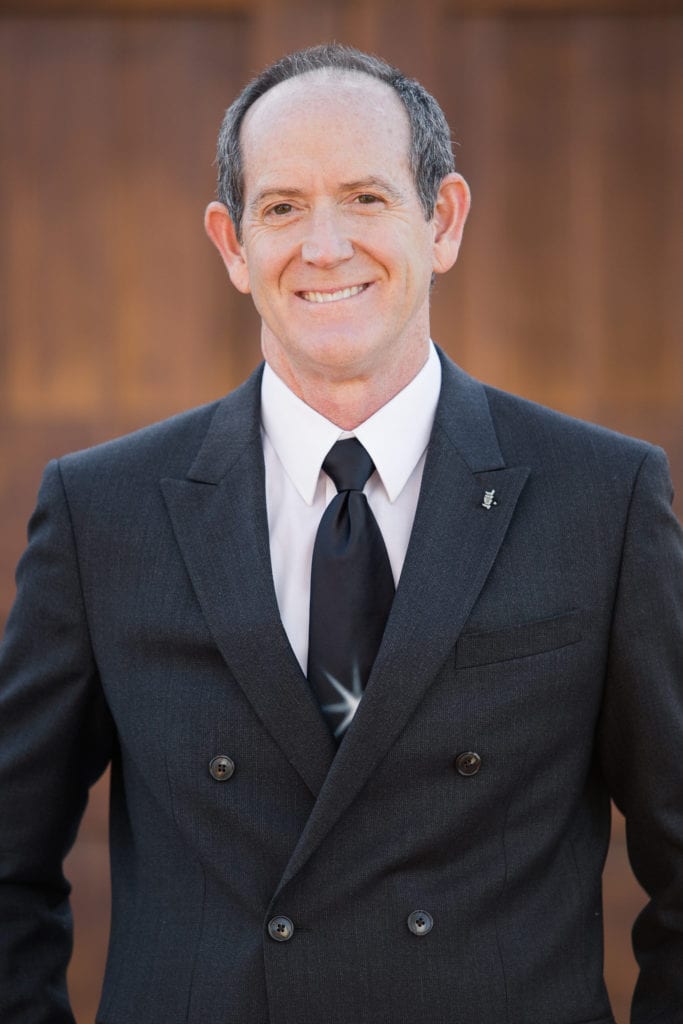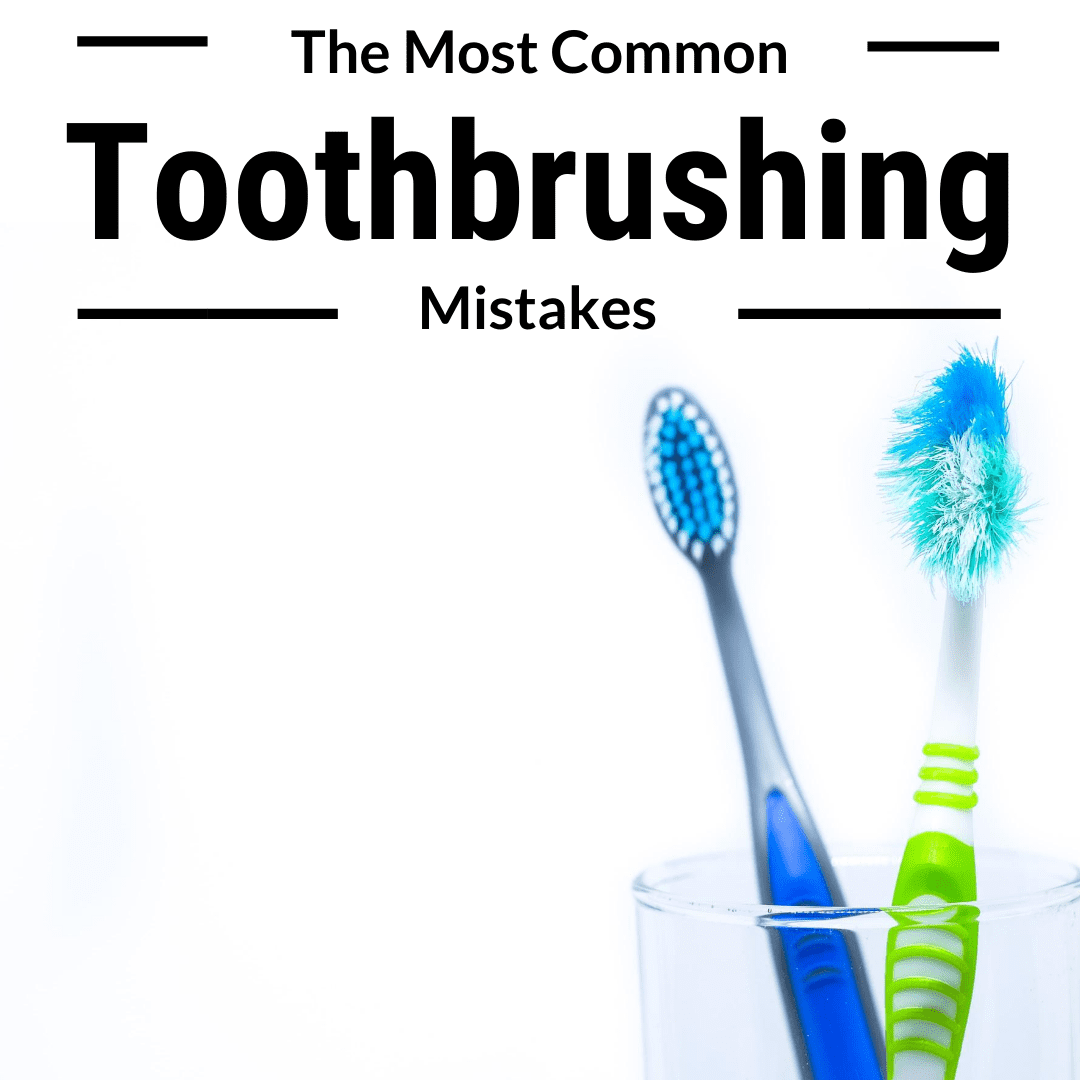You are probably aware of the fact that brushing your teeth twice a day is an essential part of maintaining your oral health. However, you may not be aware of the fact that HOW you brush your teeth can also affect your oral health. In fact, there are some common mistakes that you may be unaware you are making when you brush your teeth. Unfortunately, these tooth brushing mistakes can negatively affect how effectively you clean your teeth. Here are some of the most common mistakes you may be making when brushing:
Scrubbing Your Teeth
Many people think that they need to scrub their teeth by moving their toothbrush back and forth across the teeth in order to make them clean. However dental plaque is soft and can easily be removed by gently massaging your teeth with your toothbrush. Additionally, the best way to remove plaque is to move your toothbrush up and down in small circles on each tooth, starting at the gum line.

Scrubbing your teeth can actually cause more harm than good because it can damage both your teeth and gums. Brushing too hard is associated with premature enamel wear, which can increase the risk of tooth decay, as well as gum recession, which can increase the risk of gum disease. For these reasons, it is important to avoid scrubbing your teeth and instead use gentle, circular motions to remove plaque while brushing.
Using the Wrong Toothbrush
In some cases, the main mistake you may be making is selecting the wrong type of toothbrush. Unfortunately, using the wrong toothbrush has a snowball effect that will affect your entire tooth brushing routine. The right toothbrush is any brush with a handle that can reach the back of your mouth and soft bristles. The ADA has even performed research on certain brands of toothbrush and has offered their seal of approval on brands that are ideal, so you can always pick one of these brushes if you are unsure.
However, just because you find the perfect toothbrush doesn’t mean that you will be using this toothbrush forever and ever. In fact, another common mistake people make is that they forget to replace their old toothbrush. Toothbrushes wear down over time like anything else and will need to be replaced in order to maintain your oral health. On average, you should be replacing your toothbrush every 3-4 months when the bristles become frayed, discolored, or bent. You should also replace your toothbrush after you have been sick in order to prevent the spread of bacteria in your mouth.
The Wrong Timing

Timing is another important aspect of brushing your teeth that many people are unaware of. For starters, when you brush your teeth matters. While you may think that brushing your teeth immediately after a meal is beneficial, this can actually cause damage to the enamel since eating causes your saliva to be slightly acidic. Instead, you should wait about 15-20 minutes between eating and brushing your teeth to prevent excess damage to your enamel.
Another aspect of timing is how long you brush your teeth for. In order to adequately clean each tooth, the ADA recommends brushing your teeth for at least two minutes. Brushing for less than two minutes likely means you are missing parts of your mouth, which can cause a cavity to develop.

Dr. Edward Formica has been practicing Dentistry in Hemet since he graduated from UCLA in 1990. He is a member of Tri-County Dental Society, American Dental Association, California Dental Association, Hemet/San Jacinto Exchange Club, Healthy Valley Foundation, Valley Trails Alliance and the Western Science Board.


Recent Comments